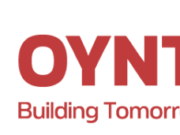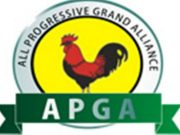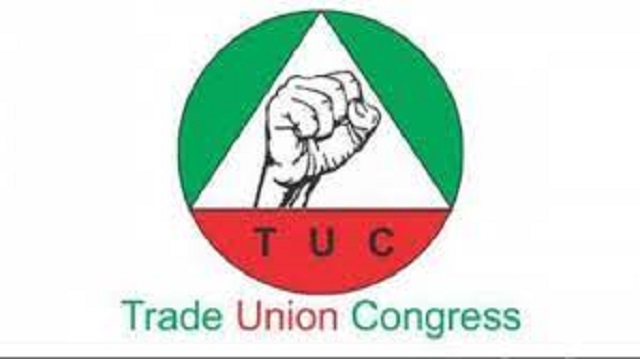President of the Trade Union Congress (TUC), Festus Osifo has emphasised the untapped potential of Nigeria’s agricultural sector and the urgent need to address exchange rate volatility, which he identified as a key driver of high petroleum prices.
Osifo presented a roadmap for economic revitalisation while critiquing current governance strategies, in an interview on Channels TV’s “Politics Today”.
Osifo stated that Nigeria has the potential to generate over $100 billion annually from agriculture within five years if large-scale production and strategic planning are prioritised. He criticised the country’s reliance on food imports despite its vast arable land and favorable climatic conditions.
“When there is synergy, I mean, we must sit down first to have agricultural development plan for the next 10 years. If we have such plan for agriculture alone, and we determine on how to go large-scale production in Nigeria, I could tell you that in agriculture alone, we could generate over $100 billion per annum in the next three, four, five years. We have no business in importing any commodity from abroad,” Osifo said.
Citing examples from countries like Rwanda and Kenya, he argued that Nigeria could emulate their successes by eliminating inefficiencies and focusing on export-driven policies. He proposed channeling loans toward agricultural development and reducing taxation on imported farming equipment to spur growth.
The TUC president further linked the surge in petroleum prices to Nigeria’s fluctuating exchange rate, explaining that most oil and gas transactions occur in dollars.
“The exchange rate directly impacts the cost of PMS. If the government had managed the exchange rate effectively last year, keeping it around N1,000 per dollar, the current hikes could have been avoided,” he explained.
He highlighted that the exchange rate fluctuation benefited state governments through increased FAAC allocations but at the expense of Nigerians grappling with inflation and high costs of living.
“Governments enjoyed a windfall because taxes and royalties paid in USD translated into higher naira values. This was a temporary fix, not a sustainable solution for economic stability,” Osifo remarked.
Osifo stressed the importance of improving the manufacturing sector, identifying bottlenecks such as multiple taxation, high customs duties, and exchange rate instability.
“We must create an environment where manufacturers thrive. Investors won’t come unless those already on the ground feel supported,” he said.
He advocated for the revival of industrial zones across Nigeria and deepened collaboration between government tiers to address systemic challenges.
Osifo revealed that TUC had presented a 15-point agenda to the government in 2023, outlining solutions to Nigeria’s economic woes. Exchange rate management, he mentioned, was a central theme.
“We warned that FAAC allocations tied to fluctuating exchange rates would hurt ordinary Nigerians. The government must prioritise sustainable economic policies over short-term gains,” he noted.
Looking ahead, he assured Nigerians of intensified advocacy by Labour unions to hold the government accountable and push for practical reforms.
Credit: thenationonlineng.net








































































